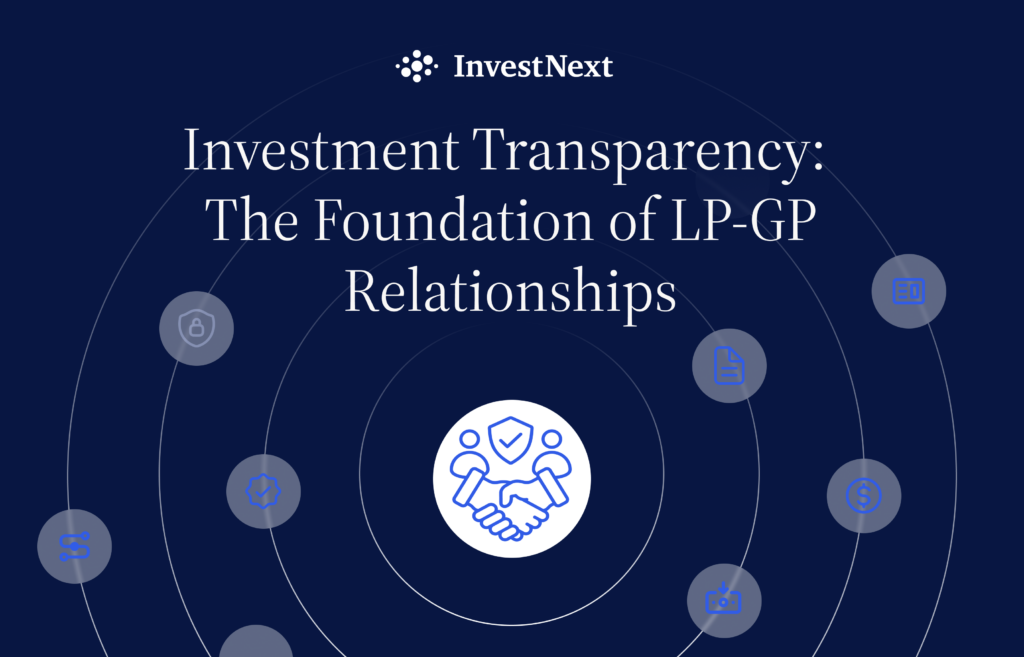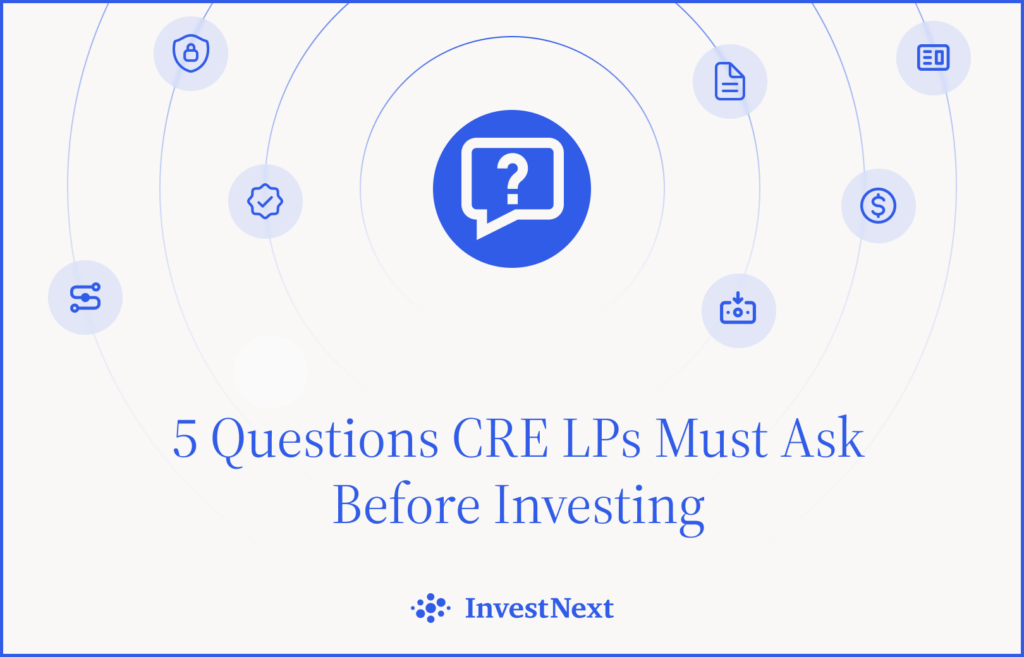What is an Accredited Investor?
So you’ve decided to dive into the realm of real estate investing, and find yourself navigating through the web trying to outline the requirements set in place just to participate in funding opportunities established by commercial investment firms.
You may have heard the term “accredited investor” before and undoubtedly Googled article after article attempting to decipher the regulatory phrases displayed on the Securities and Exchange Commission’s (SEC) webpage.
Well, look no further. We researched and outlined the definition, qualifications, benefits, investing opportunities, and differences between accredited and non-accredited investors.
Accredited Investors
An accredited investor is an individual or entity that meets the requirements of the SEC. The following qualifications include:
- Individuals with either a gross income exceeding $200,000 per year or a joint income with a spouse or spousal equivalent exceeding $300,000 per year. Any persons that meet this financial status must maintain the aforementioned amount of income for two consecutive years and also expect the same level of earnings the following year.
- Individuals with a net worth, or combined net worth with a spouse or spousal equivalent, exceeding $1 million, excluding the value of their primary residence.
As of 2020, the SEC broadened the definition of who can become an accredited investor by introducing additional categories based on knowledge, industry experience, or other qualifications.
The professional criteria for an accredited investor now includes the following:
- Investment professionals in possession of a Series 7 general securities representative license.
- Investment professionals in possession of a Series 65 investment adviser representative license or a Series 63 private securities offerings license in good standing with a Series 82 certification.
- An individual operating a business or trust with investments totaling over $5 million that was not explicitly formed to purchase the subject securities. Alternatively, an entity in which all equity owners are accredited investors.
The benefits if being an accredited investor offer a significant financial advantage by granting access to exclusive investment opportunities. With a high net worth or salary, accredited investors can tap into investments unavailable to those with less wealth. This privileged access has the potential to augment their financial prosperity further.
These investments often boast higher rates of return, improved diversification, and various attributes that facilitate accelerated wealth accumulation.
An illustrative example of the benefits bestowed upon accredited investors is their ability to invest in hedge funds. Hedge funds, typically restricted to accredited investors due to demanding minimum investment requirements and associated risks, offer exceptional returns.
Non-Accredited Investors
A non-accredited investor or ‘retail investor’ is a type of investor who fails to satisfy Rule 501 of Regulation D of the SEC’s accredited investor standard. This means that the investor in question has a net worth of less than $1 million and their individual income is less than $200,000 per year or $300,000 if married. [1]
The SEC protects non-accredited investors’ financial safety by restricting their investment opportunities. These regulations were first put in place following the 1929 stock market crisis in order to safeguard ordinary people from making investments they might not be able to afford or would not fully understand. Given the substantial financial requirements needed to become an accredited investor, it is no surprise that non-accredited individuals make up the vast majority of global investors.
For more information check out our resource article: Raising Capital under Rule 506(B) and Rule Rule 506(C)
SEC Exemptions
The SEC regulates non-accredited investors’ investments in a number of ways, including establishing specific disclosure levels and limiting the amount of money a non-accredited investor can invest. Companies that provide non-accredited investors with investment opportunities must follow these tight guidelines.
A “private placement” (a non-public/private offering of securities by a private firm) might, for example, obtain an infinite amount of money from an unlimited number of authorized investors in accordance with Rule 506(b) of Regulation D. At the same time, issuers utilizing a Rule 506 offering can only sell securities to up to 35 non-accredited investors.
Accreditation Verification
The investor’s ability to demonstrate their accreditation status is contingent upon the kind of security they seek to invest in, whether a business or a trust. An issuer must take reasonable steps to authenticate the investor’s status; verification documents include:
- Tax filings or pay stubs;
- A letter from an accountant or employer confirming their actual and expected annual income; or
- IRS Forms like W-2s, 1040s, 1099s, K-1s, or other tax documents that details income. [2]
Individuals can also obtain an ‘Accreditation Verification Letter’ by asking a lawyer, CPA, or investment adviser to confirm their position as an accredited investor under Regulation D Rule 501.
Management Tools to Secure Investors
Under the Securities Act of 1933, financial securities offerings must register with the SEC, resulting in an often time-consuming process for commercial real estate deals looking to gather investors under a tight deadline. Sponsors raise capital via a 506c offering, allowing them to solicit and advertise potential sales as long as the investor is accredited. Upon acquiring a new investor, sponsors rely on the investor to provide the required documents in order to finalize the commitment process.
Monitoring investor performance while trying to raise capital can prove to be a difficult task without the right software. InvestNext is an all-in-one solutions-based platform that enables you to manage the entire lifecycle of your real estate syndication deal. From same-day ACH transactions to waterfall calculations, impress your investors with stylish deal rooms and a clean-cut easy-to-use investor portal. Schedule a demo today to see how our team can help you to welcome the next level of raising capital.
References:
[1] https://www.thebalance.com/non-accredited-investor-5208256#citation-2
[2] https://parallelmarkets.com/blog/a-guide-to-the-accredited-investor-verification-process/



